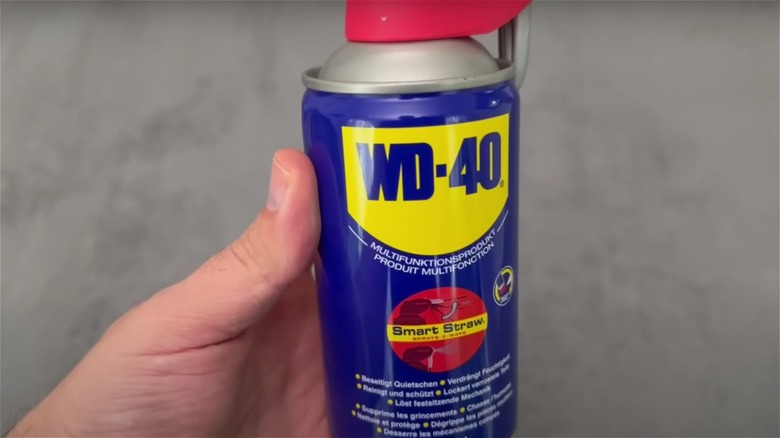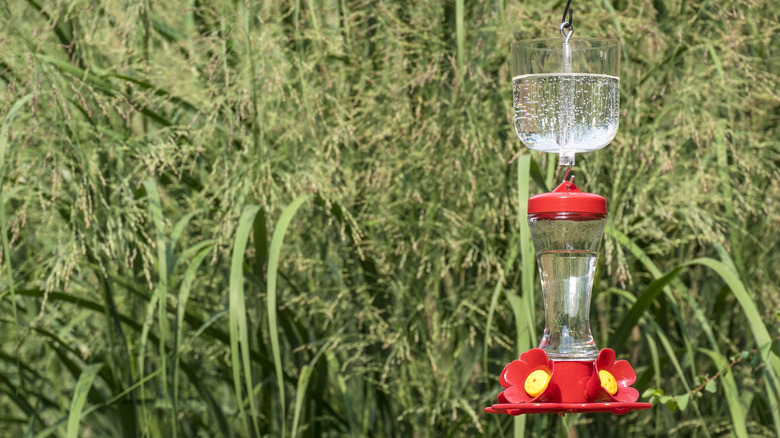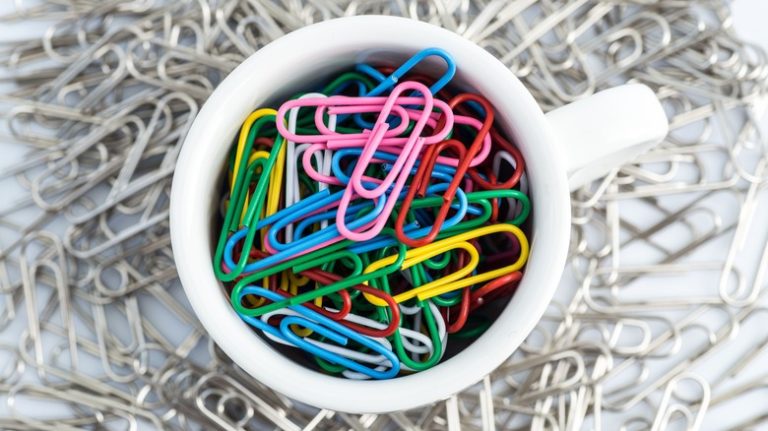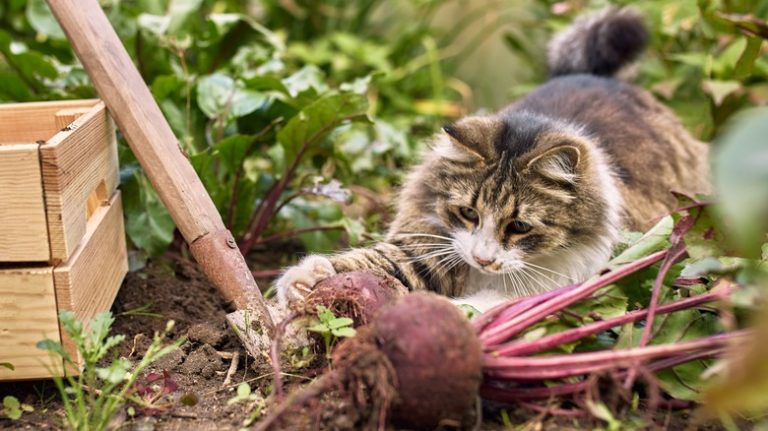We may receive a commission on purchases made from links.
Because hummingbird feeders contain nectar or sugar water, they often attract insects like ants, hornets, wasps, or yellow jackets. While some of these bugs will climb the pole your feeders hang from to get to the delicious treat, others will simply fly and land on the feeder. Some believe that greasing the pole or feeder with WD-40, petroleum jelly, waxes, or oils will keep bugs or other pests away, as they won’t be able to climb up the slippery post or cling to the feeder. However, this hack could harm your feathered friends and is not the best way to deter these pests.
WD-40 and other greasy materials will make it more difficult for ants to access your hummingbird feeder and could keep flying insects away. However, these products can cause harm to birds’ feathers, make them sick if ingested, or even prove fatal. By using ant moats or bee guards, moving your hummingbird feeders, hanging them from a wire rather than a pole, repairing any leaks, and keeping your feeders clean, you’ll be able to deter insects without harming your thirsty visitors.
Why WD-40 and other greasers are bad for hummingbirds

YouTube
One of the main reasons why petroleum jelly, vegetable oil, WD-40, and other slick substances can be detrimental for birds is because it can get stuck in their feathers. When birds perch on a pole that has been coated in one of these substances, the greasy materials will cause the animals’ feathers to get matted. While their feathers typically keep them warm and wick away water, the oils will prevent this, leaving your hummingbirds susceptible to the elements. When their feathers aren’t working properly, birds will have a hard time staying dry and warm. The grease also makes it harder for the birds to fly or clean their feathers.
When grease is placed directly onto the feeder to ward off wasps and other stinging insects, curious birds may end up eating the substance. It could also mix with the sugar water inside the feeder and contaminate it. If the birds ingest the substance, it could make them extremely sick or could even kill your feathered friends, depending on what greaser you used and how much was consumed. Even if you simply spray the pole with WD-40, bits of residue could end up on the feeder and be potentially dangerous for birds.
Safer ways to keep insects off your hummingbird feeder

To avoid resorting to WD-40 and other greasy substances to solve your ant or wasp problem, bee guards and ant moats can help keep these bugs away from your hummingbird feeder. Ant moats, which can be found on Amazon, hang above the feeder and trap ants that climb the pole in water, preventing them from reaching your nectar. While ant moats trap crawling insects, feeders with bee guards cover the spots where the nectar comes out. The small openings in the guards allow hummingbirds to eat but are too tiny for bees or other flying insects to access the sugar water.
If the pests are persistent, you could try removing your feeder for a couple days to encourage the bugs to move on or placing it in a new spot in your yard. Regularly cleaning your feeder and making sure the sugar water isn’t leaking out will also cut down on pests. If the ants still won’t leave your feeder alone, try using fishing line or another type of wire to hang your feeder from a high place rather than from a pole. This will make it more difficult for these insects to reach the feeder, since they won’t have a spot to climb up from the ground. With these methods, you can keep pests away from your hummingbird feeder without causing harm to your feathered friends.



